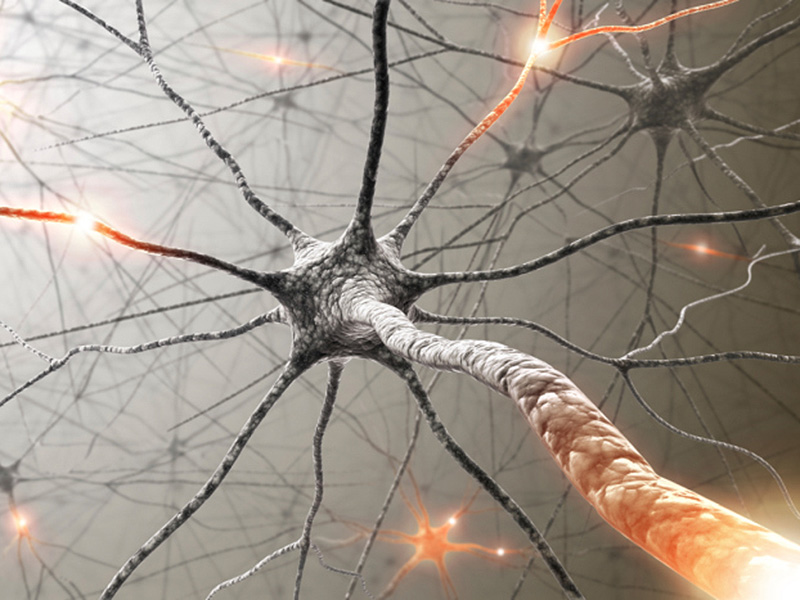Institution:
Columbia University College Of Physicians and SurgeonsResearchers:
David Sulzer, PhD, professor of neurobiology in psychiatry, neurology, and pharmacology, and Guomei Tang, PhD, assistant professor of neurological sciences, Columbia University College of Physicians & Surgeons

Impact:
Approximately 2 percent of children are diagnosed with autism spectrum disorder (ASD), which has been associated with mutations in hundreds of genes. However, evidence has also suggested that ASD may be rooted in abnormalities of brain development. During childhood and adolescence, the brain undergoes a process called synaptic pruning to eliminate old and damaged synapses in the cerebral cortex. This process is thought to be important for intellectual and behavioral development, including responses to sensory input. Sulzer and Tang discovered that children with ASD had much less synaptic pruning—about 16 percent—compared with children without ASD, who had roughly half of their synapses pruned. They also found that the brain cells of children with ASD lacked a degradation pathway called autophagy, filling their cells with old and damaged components. The researchers are exploring new treatments to modulate this pathway, as well as biomarkers that may indicate different categories of ASD.
Timeline:
2014
